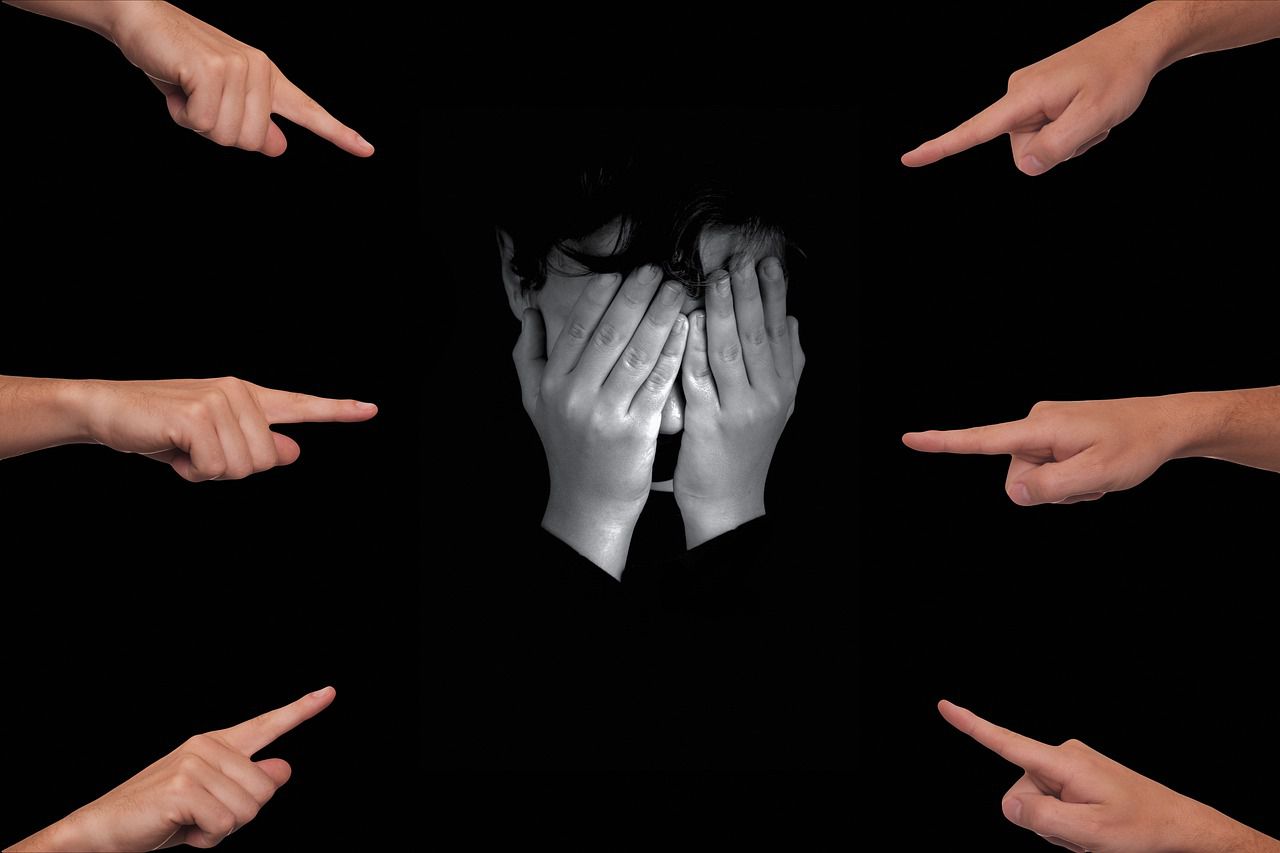Group bullying activates brain reward centers: A new study on group violence and its motivations
Have you even witnessed groups of rivals bullying each other?
A study led by researchers at Virginia Commonwealth University sheds light on why humans readily engage in harming individuals from opposing groups.
Using functional brain imaging, the study suggests that this behavior activates the brain's reward network, revealing that harming outgroup members is associated with a rewarding experience.
A study on group violence and satisfaction
The research involved 35 male college students who unknowingly played against a computer program, believing they were competing against students from either their own university or a rival institution.
Those who exhibited greater aggression toward the rival group showed increased activity in the brain's reward circuitry, specifically the nucleus accumbens and ventromedial prefrontal cortex, during the decision-making process for aggression.

The findings suggest that positive emotions may play a role in motivating intergroup aggression, which can help explain the human tendency toward intergroup conflict.
Understanding the study results
This insight provides a balanced perspective on the psychological processes behind such behaviors, offering potential directions for future research and interventions aimed at reducing group conflict.
The study's implications raise the possibility that interventions disrupting the reward associated with intergroup aggression could contribute to reducing the persistent phenomenon of violence between different groups.
